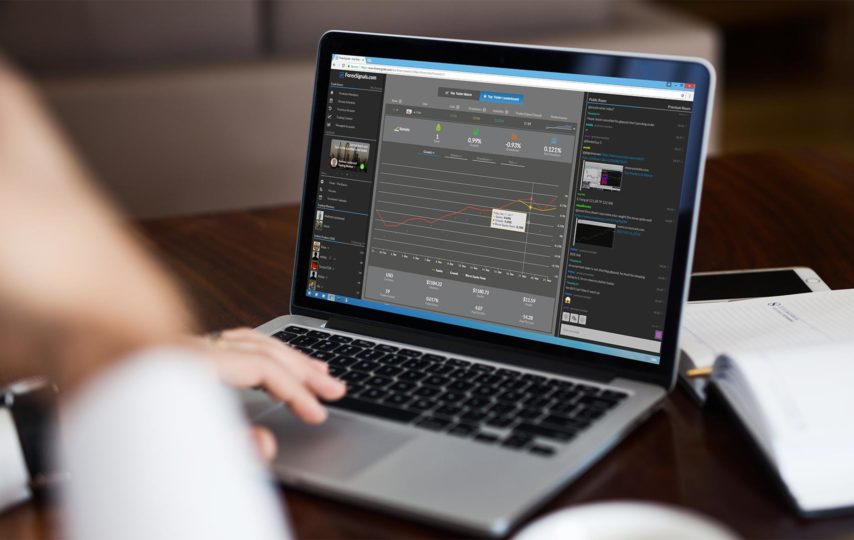CFD trading is somewhat similar to trading stocks except that you do not possess the underlying product when selling a contract for difference. If you exchange CFDs, you do not buy or sell the underlying asset, unlike trading in stocks. It is a deal between you and your CFD supplier that you purchase. If you’re still confused about the difference between CFDs and stock trading, look no further because we have the answers in this article.
CFDs and Stocks – what’s the difference?
In stock trading, you purchase and sell a limited holding of a publicly traded firm at market-determined rates. Typically, by selling these shares of an undertaking at a price greater than you bought them, you would expect to make profits by making a good investment decision. So long as you sell, of course, at the right time. You may also earn a source of revenue in the form of dividends, based on the shares bought.
But you don’t actually purchase and sell shares within a company while selling CFDs. You consent to swap the difference in the value of a transaction with a CFD supplier extracted from the share, bond, deal, or index price. You thus never own the properties – you actually agree to pay or obtain a price differential between you and a CFD supplier.
Price Comparison
When you buy stock, the money you buy is exactly what you have in shares (without a margin loan). You get 1,000 shares of a $2,000 portfolio so that the stock’s valuation is $2,000.
In contrast, you only have to apply a percentage of the amount when you purchase a CFD. Still, you will make profits and losses as though you have acquired the entire amount. In turn, you purchase a package that contains the gear. One can order 1000 CFDs for $2 per order, for instance. The contract’s gross valuation will be $2,000. But, the CFD company will only expect you to pay 5% of this on contract execution, so just $100. This is considered the margin. The issuer of CFD protects the residual costs of the deal.
Risk Comparison
Most investors see the dangers of investing in the stock exchange, and the newspapers regularly announce stock market crashes. However, for stocks, only the entire amount spent is the highest amount you will lose.
CFDs take this gamble on a new degree because even more than the original margin will be lost. There is also a strong probability that the fearful margin call will be made. Many (such as this) reports warn us that hundreds of thousands have been lost after being named on several margins despite just small sums deposited in CFDs.
Other risks involved with CFDs include counterparties, market execution, and difference risks, so make sure you are well aware of them before you start trading them. Such items as a ‘stop-loss’ feature, although the CFD supplier does not promise these, can be used to reduce the chance of CFD trading. The guaranteed stop-loss can be taken out, but you would pay the CFD vendor a premium price for it.




